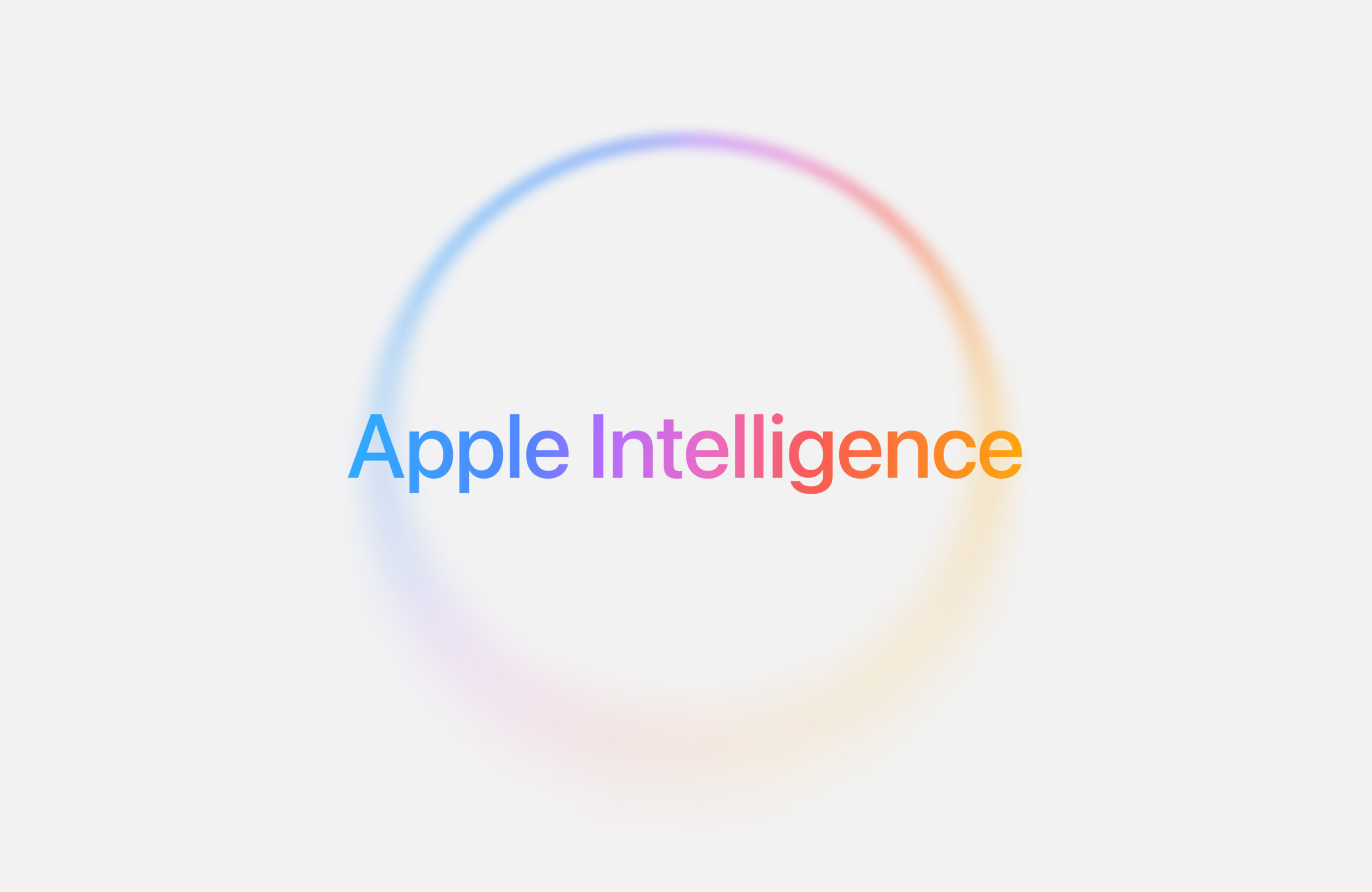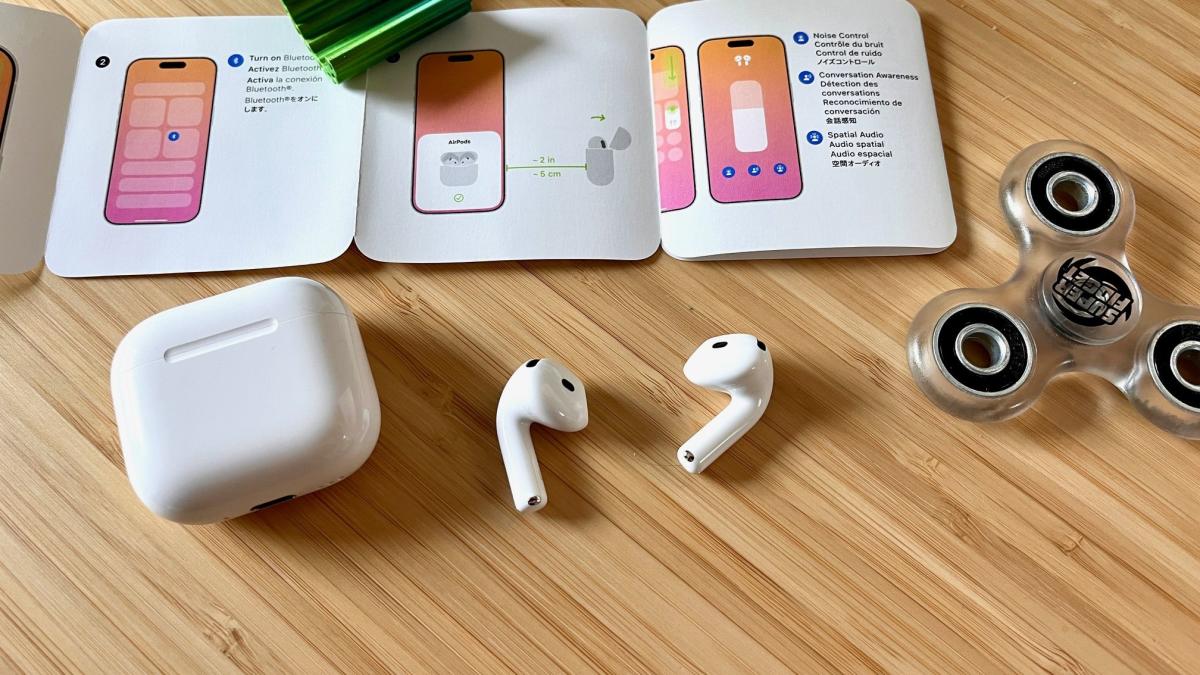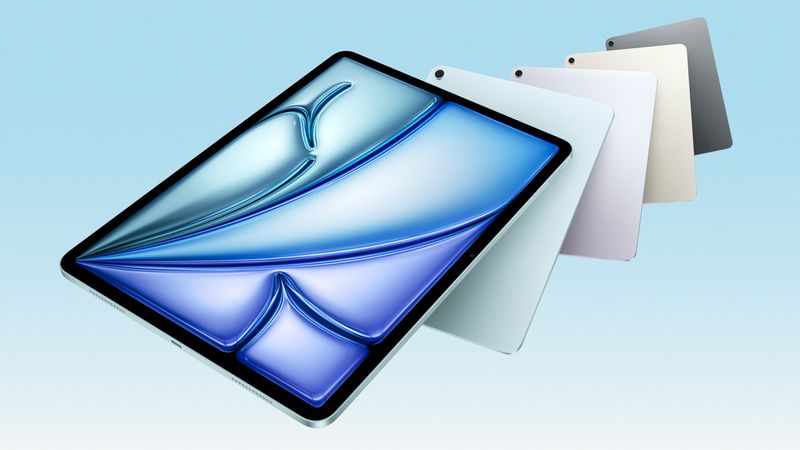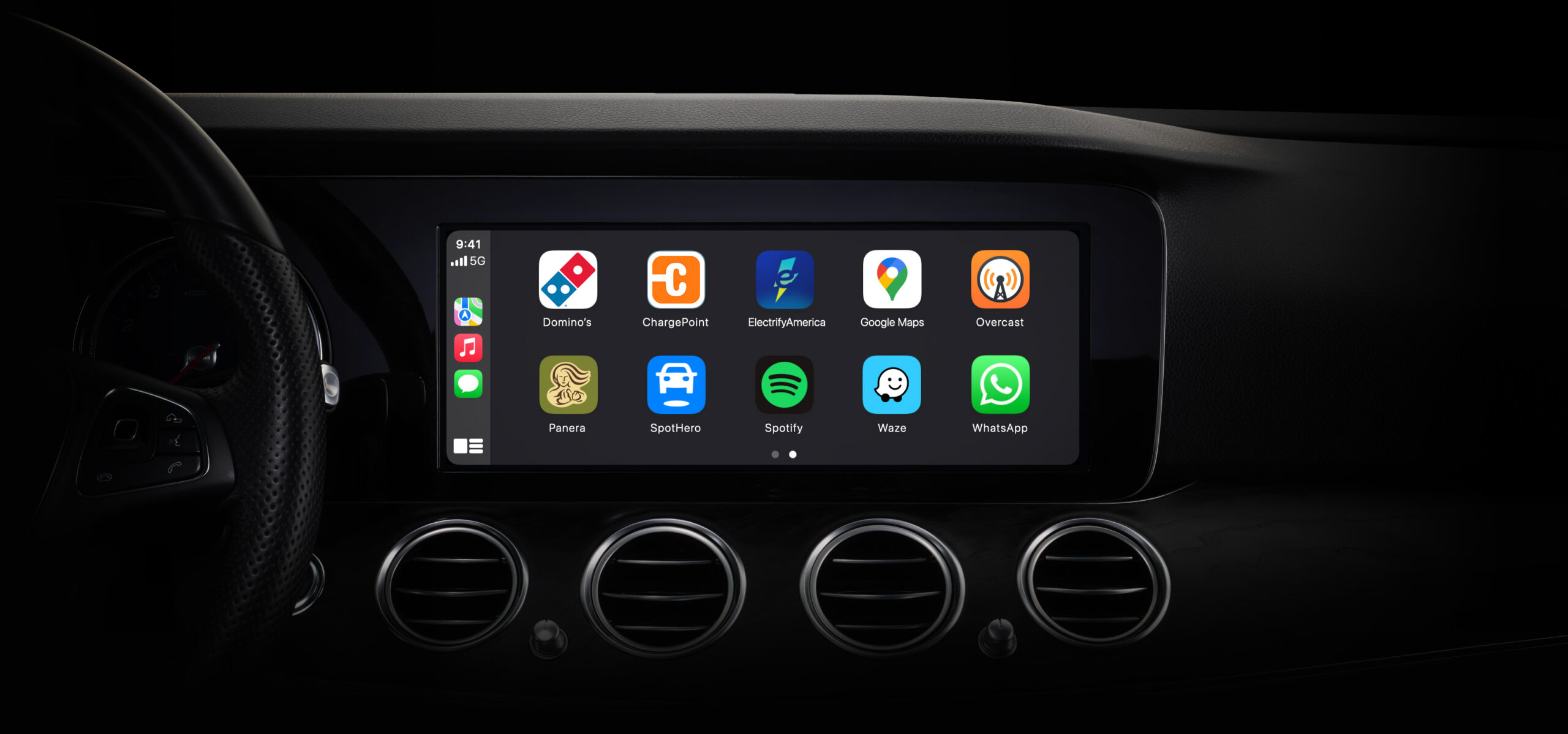Apple is working on adding AI-powered features to the App Store, starting with a tool that creates short summaries of app reviews. This feature will highlight key points from many user reviews, helping people understand what others think about an app without reading everything. It will launch first in the U.S. and English, with more regions and languages coming later.
This new feature is part of Apple’s bigger push into generative AI, which is expected to show up in iOS 18. It’s likely we’ll see more AI tools across Apple’s apps and services, like Safari and Messages.
At the same time, a new rumor about iOS 19 is catching attention. According to a well-known Apple insider, iOS 19 might drop support for older iPhone models like the iPhone X and iPhone 8. While this might seem early, it could be linked to a new product — Apple’s first foldable iPhone.
Reports suggest Apple is working on a foldable device that might arrive in late 2026. Removing older devices from the list could help Apple focus on designing iOS 19 to better fit foldable screens. The company is likely testing software that will support this new form factor.
All signs point to Apple making big changes in the next two iOS versions, with iOS 18 introducing smart AI features, and iOS 19 possibly preparing for the future of foldable iPhones.






